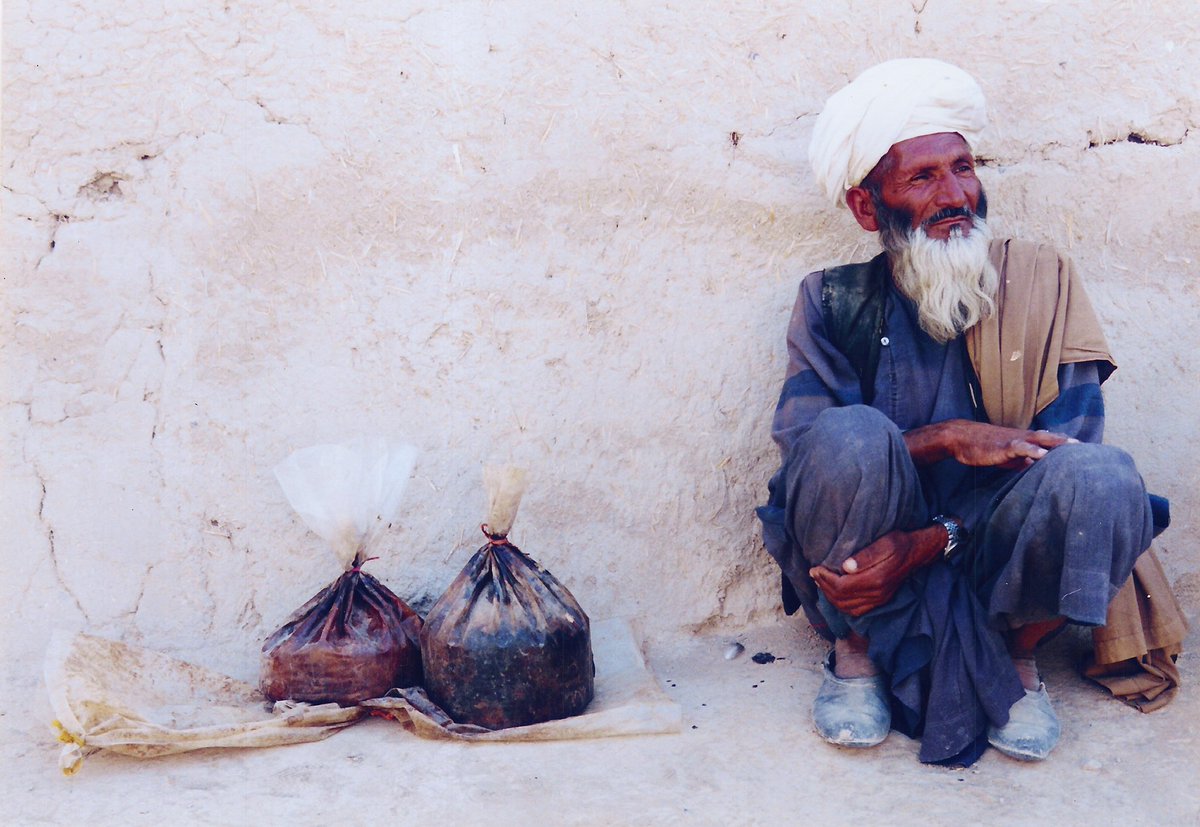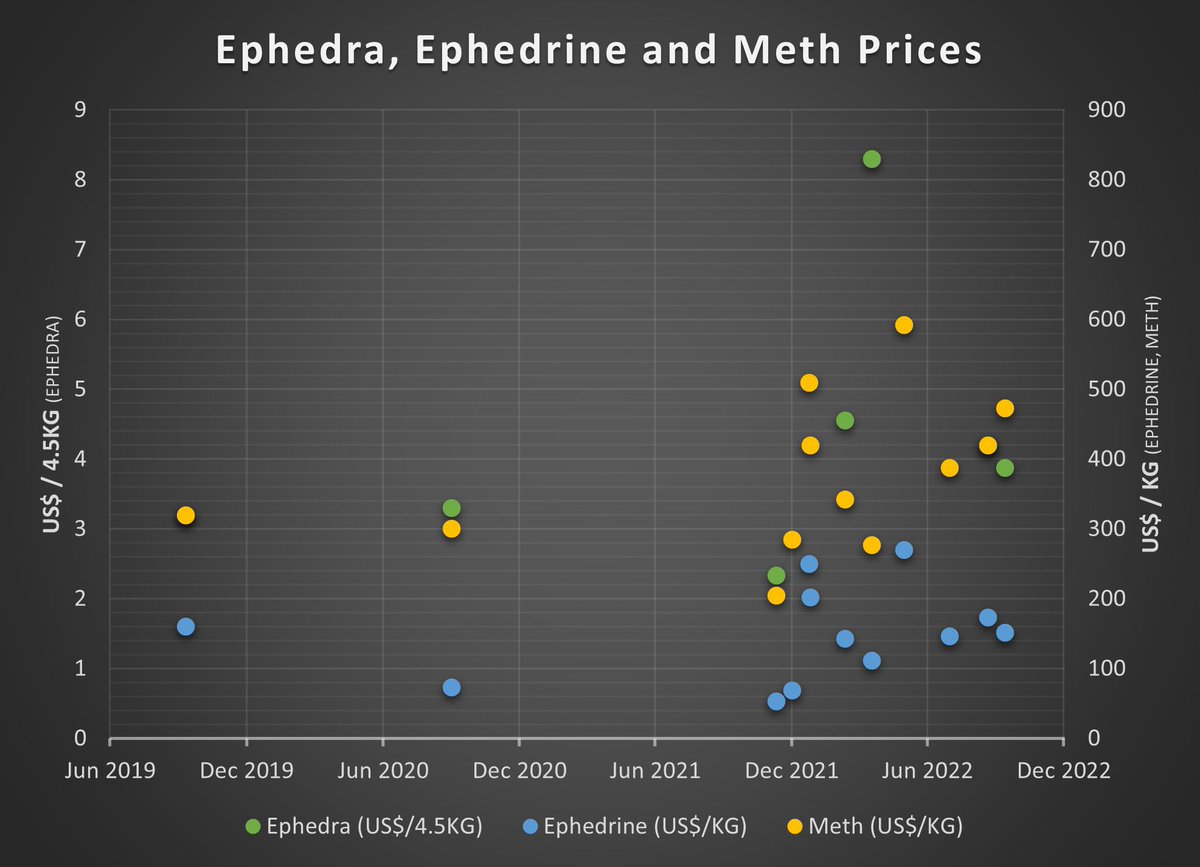1.Following from work for @ODI_Global @L4P_Afghanistan I’ve been looking at recent discussions of the Taliban capturing districts-but not taking cities, so far- & thinking that some don’t fully understand the strategic & financial significance of territorial control. A thread: 



2. In April 2021, a fuel trader in Ziranj, Nimroz on the Afghan/Iranian border, referred to it as “the business city”. He talked of the relative calm compared to other parts of SW Afghanistan, how he had become wealthy, & built a good house there in the last 5 years.
3.Even before the Taliban’s territorial gains since 1 May those in Ziranj were conscious of the limits of the govts writ, extending only 21 km from the city gate & 8 km beyond the provincial airport.
The govts influence was considered even weaker in other districts of Nimroz.
The govts influence was considered even weaker in other districts of Nimroz.
4. In fact, by April 2021 a number of government checkpoints on the main road between Ziranj & Delarem had already been abandoned, along with a major ANA base at Manar some 20 km from a major Taliban checkpoint in Khashrud where taxes are collected.
5. Yet, despite the diminishing presence of the ANDSF, traders didnt believe that the Taliban would try to capture Ziranj. Conscious of the revenues both Taliban & govt earned from taxing the crossborder trade (we est. $40 million pa), they believed the status quo would prevail.
6. In other words, locals believed that the Taliban were restraining themselves militarily - not invading a provincial capital - to protect the economic benefits of border trade.
7. From 1/5 Taliban made significant gains. Arguably too much attention has been given to their capture of DCs in districts where they already had significant presence.These takeovers were mostly a formality, even in N& NE where Taliban had been building support for many years
8. Far more significant has been the Taliban occupation of official border crossings in the N&W of the country. The 1st to fall was Sher Khan Bandar, bordering Tajikistan, an outlier for cross border trade given that <0.6% of Afghan’s official trade passed through there in 2020.
9. The next crossings were much more significant trading posts: Islam Qala & Mile 78 bordering Iran, where more than US$ 1.5 billion of trade passed in 2020 according to official figures, including a substantial share of a fuel industry worth more than US$1 billion pa to Iran.
10. In the last week it has been the official border crossing with Turkmenistan at Torghundi in Herat that fell to the Taliban, and pressure continues on Hairatan in Balkh, bordering Uzbekistan: a conduit for 1/5 of Afghan trade in 2020 with a value of US$ 1.4 billion.
11. The Taliban has now taken Spin Boldak, bordering Pakistan. A bold move and one that seems to have involved some degree of negotiation in addition to fighting.
12. It’s worth considering what the Taliban is trying to achieve in taking these border crossings. The first is to deprive the central government of a substantial part of its domestic tax base rendering it even more reliant on dwindling donor funds. 

13. A second Taliban goal might be sabotaging the arrangements between the government in Kabul and those with power and influence at key chokepoints - the bargains that hold the Republic together.
14. The 3rd goal could be controlling the goods entering the cities, undermining their economies & mitigating the need to mount attacks that have proven so costly in the past. However, this is not a strategy that is without risk evidenced by the Talibans recent diplomatic efforts
16. After initially arguing that the Taliban occupation of lands on the Iranian border crossed a red line,Tehran said it had closed its borders at Mile 78 & IQ, & Turkmenistan deployed troops to its border with Afghanistan, following the Taliban’s occupation of Torgundi in Herat.
17. The reality for Iran is more complex. Dependent on trade with Afghanistan in the wake of Covid & US sanctions Islam Qala remains open although Afghan trucks are not allowed to cross the border resulting in goods being cross decked.
18. In the north trade is also disrupted by the absence of customs officials to clear goods. Given the amount of monies generated on international trade with Afghanistan the disruption will begin to hurt its neighbours - some more than others.
19. It is not just Afghanistan’s neighbours that will be concerned at Taliban’s occupation of border crossings. Let us not forget it was the bazaaris that supported the Taliban in the 90s believing they would end the instability that had made trade both expensive & dangerous.
20. Local powerbrokers on the borders, the elites amongst the Achakzai in Spin Boldak, the Baloch in Ziranj will also feel the pinch &begin to wonder why they jumped ship if the disruption goes on too long. A population facing rising fuel and food prices will also become restive.
21. It is also important to recognise the Taliban is undercutting its own revenues. Our past work shows that the Taliban earned $84 million pa taxing the cross border trade from Iran, sweeping up a further $27 million pa at Muqur on goods entering from Spin Boldak.
22. The most recent work with @AlcisGeo for @L4P_Afghanistan shows 80% of the Talibans funds in Nimroz were from taxing the cross border trade in legal goods (only 9% came from drugs).
23. It’s strange that there are few descriptions of Afghanistan without its landlocked status being mentioned but so few consider the implications this has on finances and military strategy.
24. The Taliban appear to be using the country’s reliance on cross border trade to hold Kabul to ransom. It is clearly a strategy that cannot be sustained in the long term. Now it’s a question of who will blink first:
Will the neighbours resume trade & give the Taliban the legitimacy of running a border post? Or willTaliban victories be pyhrric, denying themselves a source of revenue & funneling trade through crossings still in govt hands? A lot depends on regional countries at this point.
• • •
Missing some Tweet in this thread? You can try to
force a refresh



























